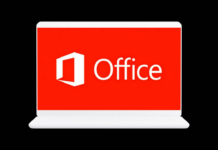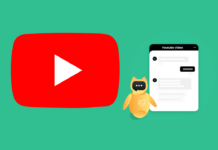Hacking into a system without prior knowledge of the victim is usually called illegal, but in the offense for legal purposes, it is called investigating. Likewise, New York District Attorney has recovered an old document that said: “It is legal for Google to hack into any devices based on Android if asked for Crime Investigation Purposes with a legal document”
According to a document dealing with data encryption and its impact on public safety, older versions of the Android operating system can be easily accessed by Google. According to the text, if the company is required by justice, you can bypass the password of users running versions before Android 5.0 (Lollipop) and have full access to the device remotely.
Google Can Remotely Bypass Your Android Passcode
“Forensic Examiners can bypass passwords in some of these devices using a variety of techniques,” reads the document. However, for a large portion of Android devices, Google can reset the password if there are a mandate and a requirement of justice to investigate a particular device. And all this can be done remotely.
Also, according to the document, devices equipped with Android version 5.0 or higher can not be accessed remotely due to the full disc encryption – which still can not be enabled by default. Because of this, according to the distribution table of the operating system, it is estimated that at least 74.1% of users are subject to such “serious failure” of security.
In a previous post, Apple said that they even could crack the iPhone security panel after several negotiations with the FBI – Apple agreed to crack the passcode of the iPhone, which will lead to the suspect’s proof for investigation; Google is not so hard to crack into the passcode or pattern lock security panel, but at the terms of iPhone devices, it’s quite hard to crack and need some professionals to crack the same.
The text also deals with the safety of iPhone owners about data encryption, saying that these users are safer because the feature is enabled by default from the iOS 8. Since the vast majority of devices are already running the latest version of the OS – iOS 9 – Apple has no great cause for concern.




